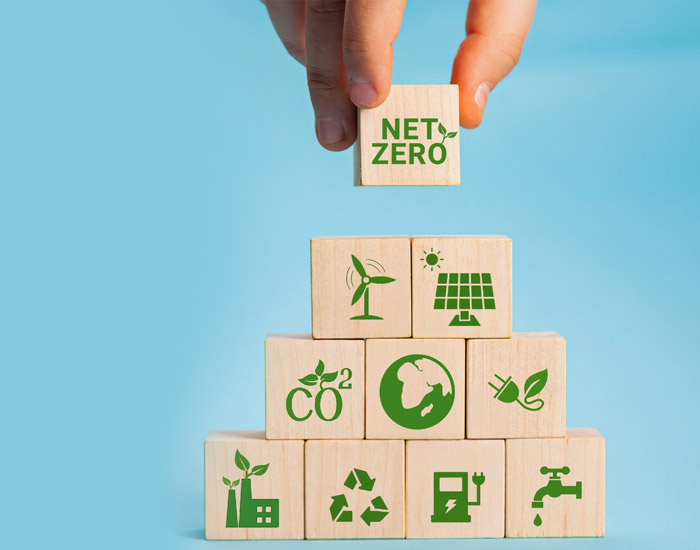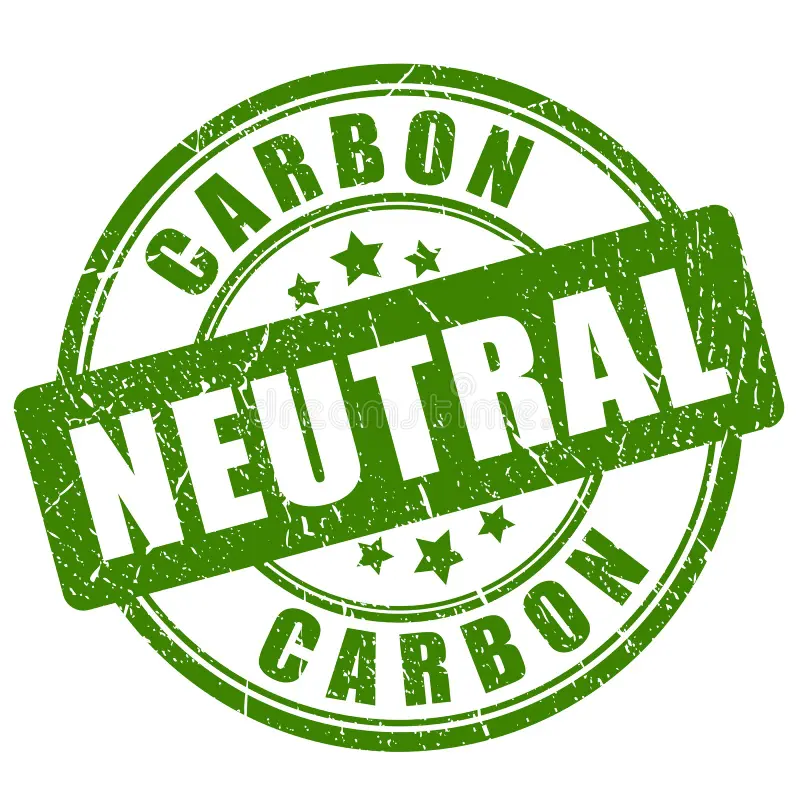And Why Does It Matter?
You’ve probably heard the terms ‘Net Zero’ and ‘Carbon Neutral’ thrown around a lot.
They sound pretty similar, right?
But in the world of carbon accounting, they mean different things.
Understanding the distinction is key, especially as businesses and governments ramp up efforts to tackle climate change.
So, let’s break it down in plain English.

Net Zero vs Carbon Neutral: What’s the Deal?
Both concepts involve balancing out carbon emissions, but they go about it in different ways.
Net Zero
This means a company has reduced its emissions as much as possible—by at least 90%—and only uses offsets for the tiny bit that’s left. Getting to Net Zero requires serious changes, like switching to renewable energy and improving efficiency across the supply chain.
Carbon Neutral
This is more of a short-term fix. A company measures its emissions for the year and buys carbon credits to cancel them out. While this helps fund environmental projects, the company itself may not actually be reducing its emissions.

Let’s Put It in Perspective: Meet GreenTech
Imagine a company called GreenTech that produces 10,000 tonnes of CO2 each year.
Carbon Neutral Approach
GreenTech buys 10,000 carbon credits from a reforestation project to ‘balance out’ their emissions. On paper, they’re carbon neutral, but their actual emissions haven’t changed.
Net Zero Approach
GreenTech invests in solar panels, electric vehicle fleets, and energy-efficient equipment to cut emissions by 70%. They also work with suppliers to reduce emissions in their supply chain. Once they’ve brought their footprint down to, say, 3,000 tonnes, they purchase only 3,000 carbon credits to reach Net Zero.
See the difference?
Net Zero is a long-term, meaningful reduction, while Carbon Neutral can be more of a numbers game.
Why Supply Chains Matter
For many businesses, the biggest source of emissions isn’t their own operations—it’s their suppliers. These emissions are known as Scope 3 emissions. Take AstraZeneca, for example. A whopping 96% of their emissions come from their supply chain.
This means Australian businesses will increasingly need to track and report their carbon footprint if they want to keep working with big companies that have Net Zero goals. If you’re a supplier, expect more pressure to clean up your act—or risk losing business.
Greenwashing
It’s easy to slap a ‘Carbon Neutral’ label on a product and call it a day, but regulators aren’t buying it anymore. Overseas, companies have already faced lawsuits for misleading climate claims or greenwashing. It won’t be long before we see similar legal action in Australia.
The bottom line?
Backing up sustainability claims with real action is becoming non-negotiable.

The Role of Carbon Accounting
If you’re serious about cutting emissions, you need solid data. Carbon accounting helps businesses measure, track, and report their emissions accurately. Think of it like financial accounting—only instead of dollars, you’re tracking CO2.
Integration
Using international standards like the Greenhouse Gas Protocol, businesses can quantify their footprint and develop a roadmap to reduce emissions. Many companies are now integrating carbon accounting into their financial reporting systems, making it easier to track progress and stay compliant with regulations.
Sustainability
The clear, quantitative results of carbon accounting provide a tangible way for businesses to communicate their environmental performance to stakeholders, helping them to make informed decisions and strategise for a sustainable future.
Ready to get started?
Navigating the world of carbon reporting doesn’t have to be a headache. Whether you’re looking to reduce emissions, track your footprint or stay ahead of regulatory changes, we’re here to help.
Give us a call on (02) 8188 9019 or fill out our enquiry form to chat about how carbon accounting can work for your business.
Want to dig deeper?
Check out:
- The Beginner’s Guide on Carbon Accounting for SMEs
- Demystifying Scope 1, 2 & 3 Emissions: Your Guide to Smarter Carbon Management
- Understanding ESG: Why It Matters for Australian SMEs
- What is Carbon Accounting?
- Are You Greenwashing?
- Carbon Accounting Software
- Carbon Accounting Glossary
- Carbon Accounting FAQs
We’re here to help you stay ahead of the pack with practical, no-nonsense carbon solutions.

